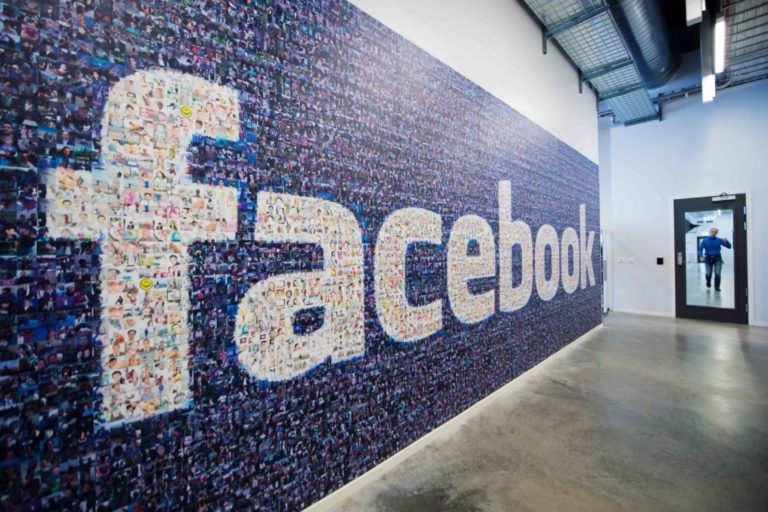By Jordan Pruce '18
Social media is no longer a forum for just sharing photos, posting statuses, and seeing what old friends are up to. Now, social media serves as a news medium for more than one billion people. As printed newspapers and journals continue to become a thing of the past, major news outlets are rapidly increasing their presence on Facebook’s network. Typically, news outlets post a headline, followed by a brief caption, followed by a relevant picture. Overall, the conciseness of these outlets’ posts allows Facebook users to quickly absorb information.
is no longer a forum for just sharing photos, posting statuses, and seeing what old friends are up to. Now, social media serves as a news medium for more than one billion people. As printed newspapers and journals continue to become a thing of the past, major news outlets are rapidly increasing their presence on Facebook’s network. Typically, news outlets post a headline, followed by a brief caption, followed by a relevant picture. Overall, the conciseness of these outlets’ posts allows Facebook users to quickly absorb information.
As this election cycle has proved, Facebook has done a tremendous job of educating people about the election. Further, it has encouraged people to register to vote and cast ballots on November 8th. According to California Secretary of State Alex Padilla, “Facebook has demonstrated the power of social media to engage more people to register to vote, helping thousands take a big step to casting a ballot this November" (CIO). Frankly, the numbers support Padilla’s claim. Between September 23rd and September 26th, Facebook sent reminders to all of its U.S. users over the age of 18, some 140 million people. In California, it led to a huge surge in online voter registrations. The state of California reported that on the first day of the reminders, more than 120,000 Californians registered to vote online (CIO). By the last day of reminders, nearly 200,000 people in California registered to vote (CIO). These numbers are astounding given that the average number of completed registrations per day in the month of September before the Facebook reminders hovered around 9,000. Indiana and Minnesota experienced similar record-breaking numbers in online voter registrations.
Now, the Facebook reminders are nothing new, since they have been sent out the past two general elections (’08 and ’12) as well. However, the reminders have been much more successful this time around, and this is likely due to the provocative nature of this election. This election cycle has seen more protests, more uprisings, and more controversy than any other election in U.S. history. During these trying times, it is of the utmost importance that Facebook remains committed to displaying accurate, neutral content so as to uphold the core value of democracy – voting. Yet, Facebook’s commitment to this value has been a topic of frequent debate.
In May, a former Facebook contractor released a report insisting Facebook’s Newsfeed deployed an algorithm that favors liberal leaning content. This is a serious and condemning charge against a social media giant who could seemingly manipulate public opinion by only content that fits the company’s political narrative. A Facebook spokesperson said in response to the report, “We as a company are neutral—we have not and will not use our products in a way that attempts to influence how people vote” (The Atlantic). Mark Zuckerberg had to meet with GOP leadership to defend his company’s practices, but the charges of partisanship and suppressing trending topics continue to this day (Washington Post). Perhaps the only way Facebook can put these accusations to rest is by explaining how their Newsfeed algorithms work. Until then, however, the accusations cannot be completely dismissed.
Sources:
http://www.theatlantic.com/technology/archive/2016/04/how-facebook-could-tilt-the-2016-election-donald-trump/478764/ (includes quote from Facebook spokesperson)
http://www.cio.com/article/3131826/social-networking/thanks-to-facebook-voter-registrations-surge.html (includes numbers regarding California voter registrations)
Photo: